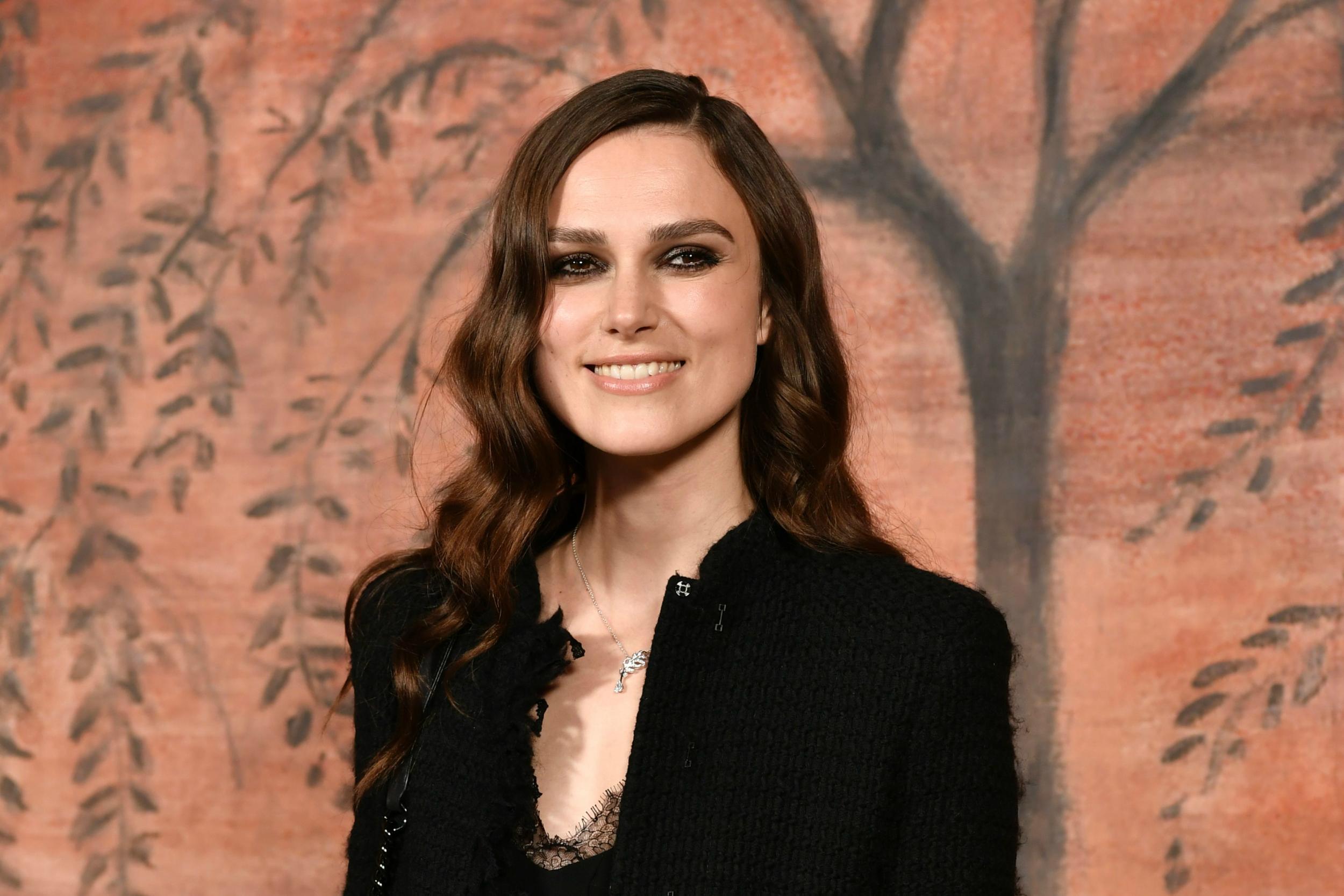Keira Knightley avoids modern-day films because the female characters 'nearly always get raped'
'I always find something distasteful in the way women are portrayed'

Your support helps us to tell the story
From reproductive rights to climate change to Big Tech, The Independent is on the ground when the story is developing. Whether it's investigating the financials of Elon Musk's pro-Trump PAC or producing our latest documentary, 'The A Word', which shines a light on the American women fighting for reproductive rights, we know how important it is to parse out the facts from the messaging.
At such a critical moment in US history, we need reporters on the ground. Your donation allows us to keep sending journalists to speak to both sides of the story.
The Independent is trusted by Americans across the entire political spectrum. And unlike many other quality news outlets, we choose not to lock Americans out of our reporting and analysis with paywalls. We believe quality journalism should be available to everyone, paid for by those who can afford it.
Your support makes all the difference.Keira Knightley's affectation for period dramas, as it turns out, runs much deeper than you might think.
The actor was speaking to Variety about her latest role in Wash Westmoreland's Colette, a hot tip for this year's Sundance Film Festival, which sees her star as the revolutionary French writer, best known for her novella Gigi, who challenged sexual norms while coping with an exploitative relationship with her husband (played by Dominic West), who passed her work off as his own.
And while the female pioneers of history may have long provided Knightley with more ample material to work with, she explained that: "I don’t really do films set in the modern day because the female characters nearly always get raped."
"I always find something distasteful in the way women are portrayed, whereas I’ve always found very inspiring characters offered to me in historical pieces. There’s been some improvement. I’m suddenly being sent scripts with present-day women who aren’t raped in the first five pages and aren’t simply there to be the loving girlfriend or wife."
She added that her attraction to the period genre was something she long attached a certain level of guilt towards, that it was something "I should try to shake off".
"Then I realized that these were the films I’ve always loved watching," she continued. "I think some people find escapism through science fiction or fantasy, and I suppose my escapism into another world has always been through period drama. It’s nice that in my 30s I can finally admit that."
Knightley's frustration makes a lot of sense in the context of how traditional period dramas (in their full corset-and-wig glory) are largely viewed: their "femininity" has brought a stigma which views them as less significant than their more male-focused counterparts, while actually offering some of cinema's most layered, complex, and interesting female characters - all while male-dominated modern-day dramas commonly shift their female characters to the sidelines or use them as tools for the sole development of male characters.
There's a lot that needs to change.
Follow Independent Culture on Facebook for all the latest on Film, TV, Music, and more.
Join our commenting forum
Join thought-provoking conversations, follow other Independent readers and see their replies
Comments